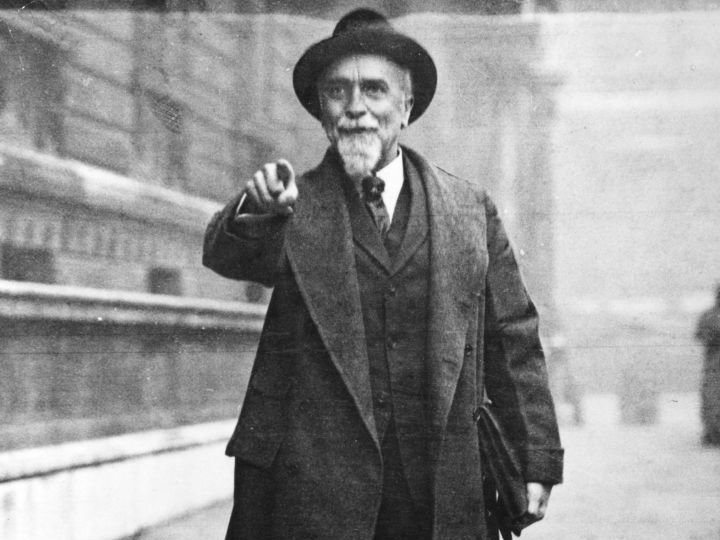“As I look back, it now seems that, with all the thought and work and good intentions, which we provided, we achieved absolutely nothing… nothing that I did, and very little that old Ben [Strong of the Federal Reserve] did, internationally produced any good effect – or indeed any effect at all except that we collected money from a lot of poor devils and gave it over to the four winds.” -Montagu Norman, Governor of the Bank of England 1920-1944
Since the financial crisis nearly a decade ago, the Federal Reserve has printed trillions of dollars in an effort to create a “wealth effect” in the economy. Their theory goes that quantitative easing would make for rising prices of financial assets which should, in turn, make the wealthy feel more confident and thus spend more. By this process, a trickle-down effect would boost the economy.
Last year, however, I started to note that, even if this theory were true, a number of developments could possibly derail this “wealth effect” and even put it into reverse. Those developments have continued into 2017. High-end home prices continue to slump.
Bear market for home prices in Aspen and the Hamptons: https://t.co/wtCU3nIatv
— Jesse Felder (@jessefelder) January 26, 2017
And luxury retailers are suffering at least as much as the major department stores. In fact, sales here have not been so poor since the “Great Recession.”
Luxury retail via @SoberLook pic.twitter.com/GgBHzVhEED
— Jesse Felder (@jessefelder) January 24, 2017
At the same time that these luxury markets are rapidly declining, the stock market is soaring to all time highs. This is probably all the evidence we need to understand that the wealth effect is a myth. Still, the BIS recently quantified the failure of quantitative easing to boost the economy even while noting its efficacy in boosting asset prices.
BIS: 'QE Don't Work' https://t.co/Ec6EPHkEvw ht @tracyalloway pic.twitter.com/L0FsCShJiZ
— Jesse Felder (@jessefelder) January 18, 2017
So the Fed has accomplished its goal of making the wealthy wealthier it just hasn’t trickled down to the rest of the economy as they had hoped. The end result is the Fed has only exacerbated the greatest wealth inequality in this country since the Great Depression.
Ray Dalio: The world today 'rhymes' with the 1930's https://t.co/YojXHA7PtM
— Jesse Felder (@jessefelder) January 23, 2017
The fact is rapidly growing wealth inequality, rather than boosting the confidence of the wealthy, has had the opposite effect, making them increasingly concerned about its societal ramifications.
'People attuned to societal levers understand that we are skating on really thin cultural ice right now.' https://t.co/yqTSeSJGpz
— Jesse Felder (@jessefelder) January 23, 2017
And rightly so. While the rich have become richer in recent years, the average American has only become increasingly squeezed by inflation in things like rent and healthcare while their wages have remained relatively stagnant.
Why the current economy feels like recession to so many: https://t.co/fKumkcC5um by @JeffSnider_AIP pic.twitter.com/gOzcYgV4HK
— Jesse Felder (@jessefelder) January 19, 2017
This dramatic disparity in economic fortunes between the wealthy and the rest of the country in recent years is surely one of the major drivers behind the rising global trends toward populism and anti-elitism.
'Brexit was the Bears Stearns moment in the rise of populism. Trump is the Lehman Brothers.' https://t.co/wtTvu1HGRD ht @freecotdata
— Jesse Felder (@jessefelder) January 23, 2017
And I can’t help but think of those famous words quoted above and uttered by the former Governor of the Bank of England near the end of his life. Trillions of dollars printed and ultimately pumped into the asset markets over the better part of the last decade and to accomplish what? To enable corporations to borrow cheap money to buyback stock (give it over to the four winds)? To create the sort of societal division that foments unrest? To allow the wealthy to be able to afford the “survival condos” to ride it out? In years to come, with the benefit of hindsight, will Ben Bernanke and Janet Yellen feel any different than their famous forebears?
